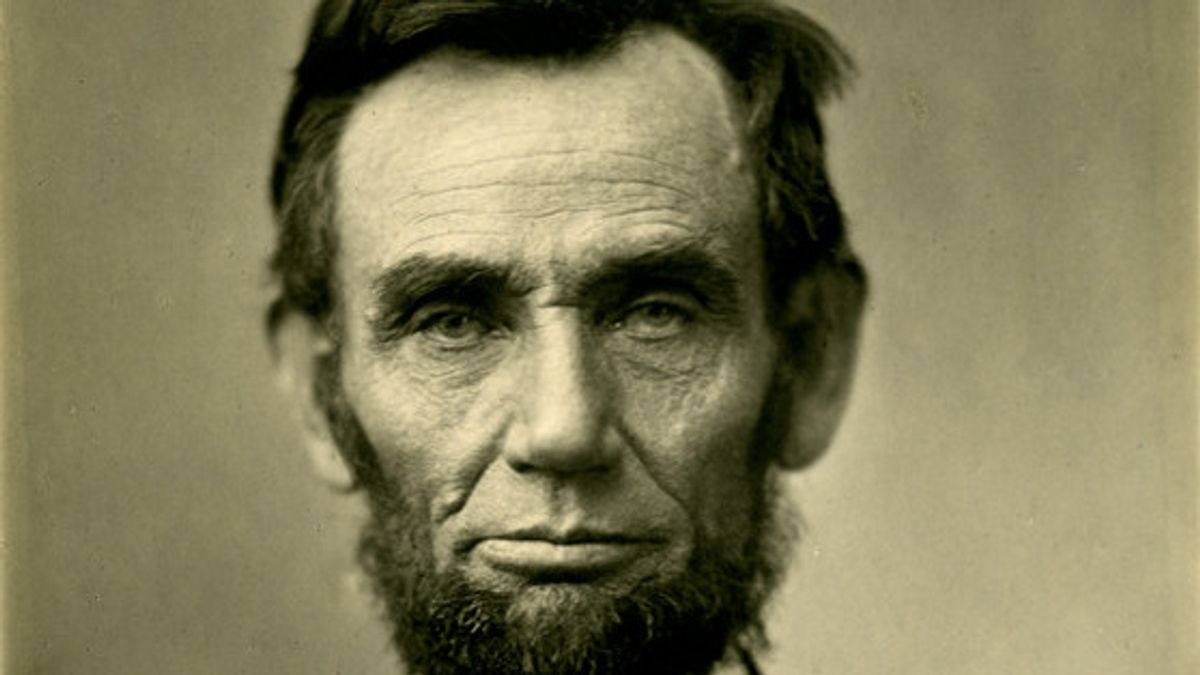JAKARTA - After the United States ratified the new law in the 13th amendment today, December 18, 1865, slavery in Uncle Sam's country was officially abolished. The constitution reads: All forms of slavery, whether intentional or not, may not exist on the soil of the United States, or anywhere else subject to US jurisdiction.
The anti-slavery emancipation law was certainly not without struggle. Before being instituted, the regulation sparked civil war. At that time, cited history.com , anti-slavery politicians from the Republican Party fronted by Abraham Lincoln were opposed by groups who wanted an exception to the rule in several states, especially West and South America. Those who oppose fear a free state will change the power structure in the US.
Beginning in November 1860, when the US Elections won Lincoln president, there were signs of division. Seven states in the US Southern region proposed secession and forming a new American confederation. After that, the four southern states joined the new confederation, while the slave states in the north remained in the main government. Shortly after the creation of the new confederation in 1861, civil war began.
Although Lincoln deeply hated slavery, he still cautiously responded to those who opposed the movement after the civil war. At the time of the civil war, the main government realized how this emancipation movement had greatly benefited them, while the 11 states that disagreed were actually digging their own graves. The reason was that the freeing of slaves would weaken the new confederation by taking away most of its workforce.
Two years after the anti-slavery legislation was implemented, Lincoln then employed freed slaves in their army. Following the major government victory at the Battle of Antietam in September 1962, Lincoln issued a warning himself to declare an Emancipation Proclamation for all countries still in rebellion.
On January 1, 1863, President Lincoln formally declared the Anti-slavery Emancipation Proclamation, while mobilizing soldiers to free all slaves in countries that were still in rebellion. Since then, about three million slaves were guaranteed their freedom by the constitution.
The Emancipation Proclamation changed the civil war from what was originally a war against those who wanted to separate from the federation into a war for "the birth of a new independence" as Lincoln echoed in a speech at Gettysburg in 1863. This ideological change at the same time thwarted French or British interference in support of a confederation that did not pro against anti-slavery laws.
Lincoln realized, the authority of the Emancipation Proclamation was still not strong even though the civil war had ended. This prompted the Republican Party to submit the 13th amendment to Congress. Then in April 1864, two-thirds of the Senate of the Republic paved the way for smoothing the amendments. However, there was still opposition from the Democratic Party's representatives in January 1865.
Negotiations are continuing. So that on December 2, 1865, Alabama, the state that had rejected the Emancipation Proclamation, finally became the 27th state to support the amendment. Alabama was forced to agree on amendments to get back into the main US government. However, it still takes three-quarters of the state's approval to make it state law.
Until finally, after 246 years of captivity from Africa being bought into slavery, on 18 December 1865 the 13th amendment was officially accepted as the legal constitution. After that all forms of slavery were destroyed.
The English, Chinese, Japanese, Arabic, and French versions are automatically generated by the AI. So there may still be inaccuracies in translating, please always see Indonesian as our main language. (system supported by DigitalSiber.id)













